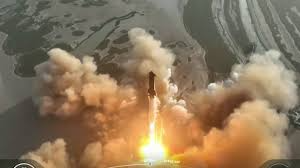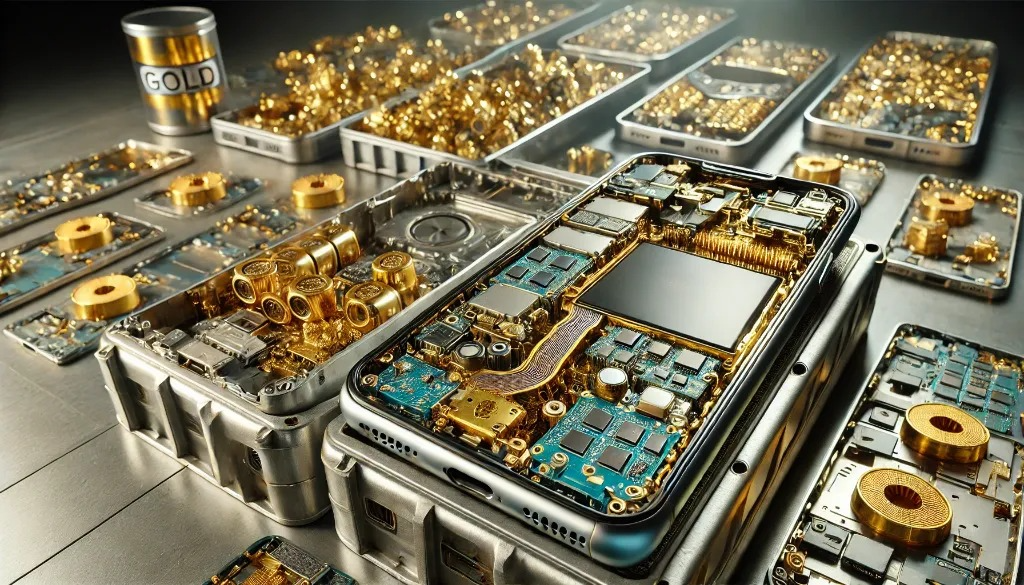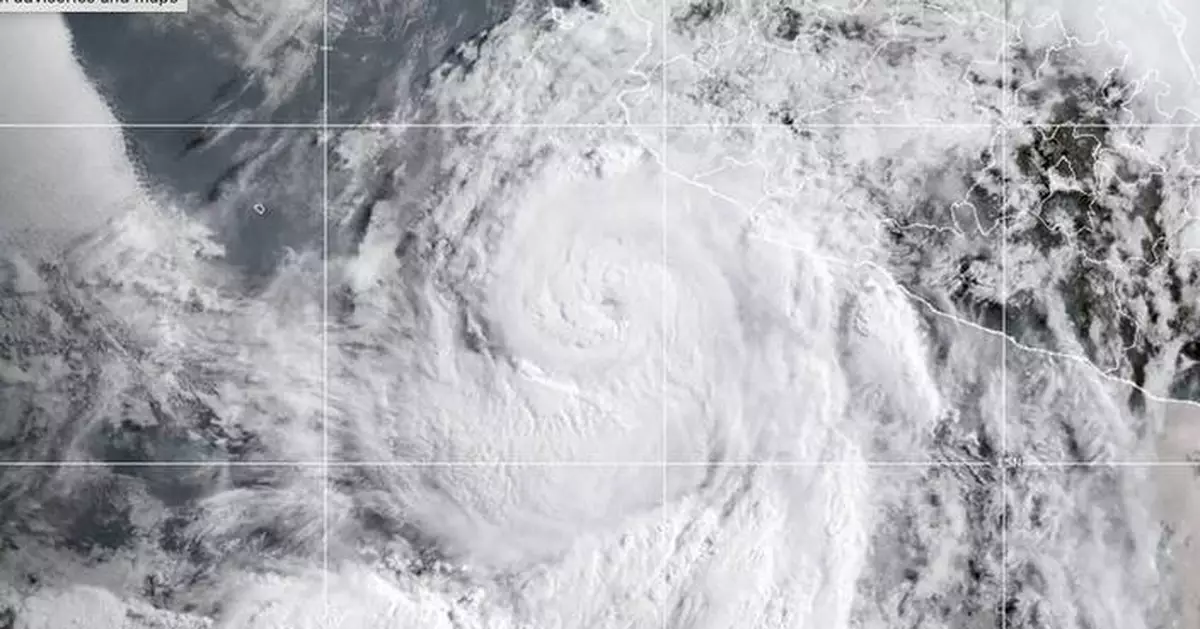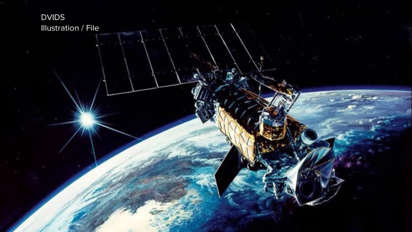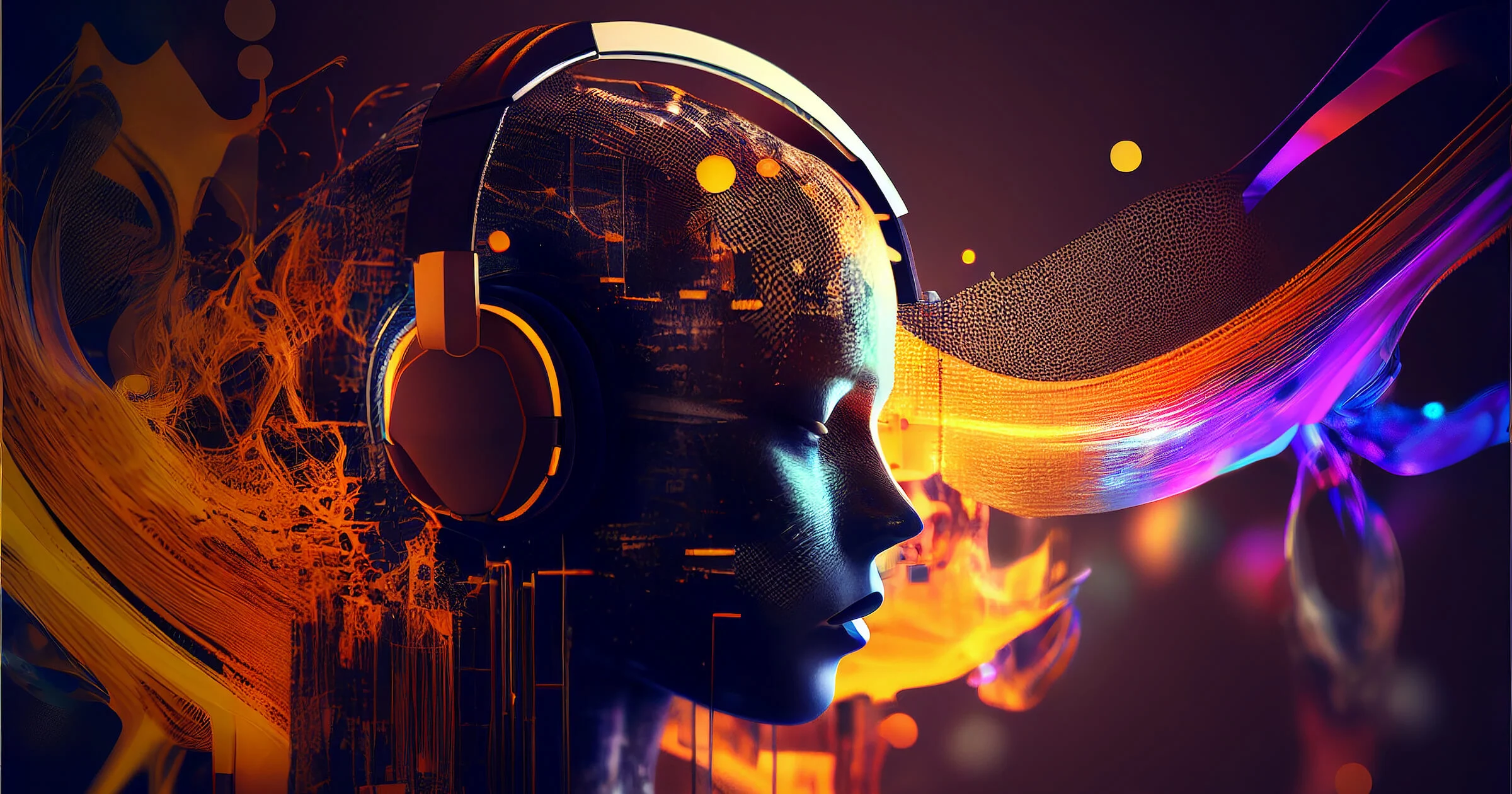
AI artists in music industry
AI Artists Redefine Music Industry, Ushering in a New Era of Creativity and Controversy
1. Dawn of a New Creative Frontier
As artificial intelligence tools grow ever more sophisticated, a revolutionary wave is sweeping the music industry. No longer confined to generating background beats or karaoke vocals, AI artists virtual performers and composers powered by deep learning are making top chart appearances and signing digital record deals. These AI entities can compose original melodies, craft immersive harmonies, and even generate emotionally resonant lyrics, creating tracks that are indistinguishable from songs made by human songwriters. Their emergence prompts the question are we witnessing the birth of a new type of musician, or the precursor to a homogenized soundscape controlled by code?
2. Collaboration or Replacement? The Spectrum of AI Musicianship
AI artists occupy a broad spectrum. At one end stand tools used by human creators AI assisted beatmakers, melody generators, and lyric writing programs that amplify human creativity. At the other lie fully autonomous virtual artists digital avatars with unique personas and voices sculpted by algorithms. These AI artists can produce complete albums, appear in virtual concerts, and maintain social media presences managed by marketing savvy programmers. This duality is reshaping what “authorship” means in music. As AI independence increases, will listeners crave the organic touch of human expression, or will AI curated melodies satisfy mainstream demand?
3. Democratizing or Diluting Musical Craft
Proponents of AI artists highlight how easily accessible tools are lowering barriers to entry for aspiring musicians. Once costly studio sessions are now replaced by free or subscription based AI platforms. A bedroom producer can collaborate with an AI composer on a genre spanning song within hours. This democratisation fosters prolific creativity and genre hybridization, birthing musical styles that previously had no precedent. However, critics worry about quality dilution if anyone can produce polished tracks in minutes, the distinction between professional artistry and algorithmic output blurs. Will truly innovative music succeed in a sea of AI generated clones?
4. Chart Success and the Algorithms Behind It
Remarkably, AI artists are not just novelties they’re charting. AI generated tracks have reached top playlists on streaming platforms, driven by algorithmic curation that rewards listener engagement rather than background context. Some labels are now signing deals with AI artists, optimizing release schedules, marketing campaigns, and audience segmentation in ways unimaginable for human artists. With no need for tour schedules or personal branding challenges, AI musicians present a scalable, 24/7 content engine. As streaming dominates music consumption, the platform driven economy naturally favors these efficient digital creators. But does this model threaten to replace the unique authenticity human musicians bring?
5. Legal Labyrinths and Ethical Debates
The rise of AI artists brings thorny legal questions. Who owns a song generated by a neural network? Is it the programmer, the end user who gave the prompt, or the model’s original trainer for which massive datasets of copyrighted music feed training? Courts remain largely untested in these areas. Furthermore, AI artists can imitate famous voices, recreating Tony Bennett style croons or Billie Eilish tones without consent, triggering fears among legacy musicians of vocal appropriation and brand dilution. Conversations around voice rights, AI transparency and new royalty models are accelerating, but legislative frameworks struggle to keep pace.
6. The Human Connection Still Matters
Despite AI’s prowess, human artistry retains intangible magic. Live performances raw with spontaneity, energy, and human connection remain the ultimate draw. Crowds don't just pay for melodies they crave shared experience, emotional resonance, and authenticity. This nuance isn't easily parsed by data driven algorithms. Many successful artists are embracing AI as a creative partner collaborators that enhance expression rather than supplant it. Duets between human singers and AI voices have already garnered millions of views, showing the most powerful use of AI may lie in complementing, not competing with, human performers.
7. Industry Industry Response and Future Pathways
Record labels and agencies are unsure if to treat AI artists as clients, commodities, or curiosities. Some are launching internal AI divisions, developing bespoke virtual talent. Others are partnering with tech firms to create interactive, personalized music experiences allowing fans to co create remixes or attend virtual concerts with AI companions. At the same time, artist unions are advocating for protections, such as accreditation standards and anti deepfake regulations. In the end, a hybrid ecosystem may emerge human artists supported by AI in production, complemented by virtual acts carving niche spaces but not overshadowing the unique essence of human performance.
8. The Soundtrack of Tomorrow
In the span of a few short years, AI artists have gone from experimental curiosities to prominent players in the music world. Their rise reflects deeper transformations in creativity, technology, and the economics of culture. As AI human collaboration blossoms, the question becomes how to preserve meaningful artistic voice while embracing automation’s efficiency and possibilities. If rooted in transparency, equity, and shared values, AI artists can usher in a new golden age of musical diversity, global collaboration, and creative recombination. But if deployed without ethical guardrails, we risk reducing music one of humanity’s most transcendent forms to sterile algorithmic output. The next decade of music will not just be about notes and lyrics, but how we humanize code and how machines help amplify, rather than dilute, the soul in sound.




